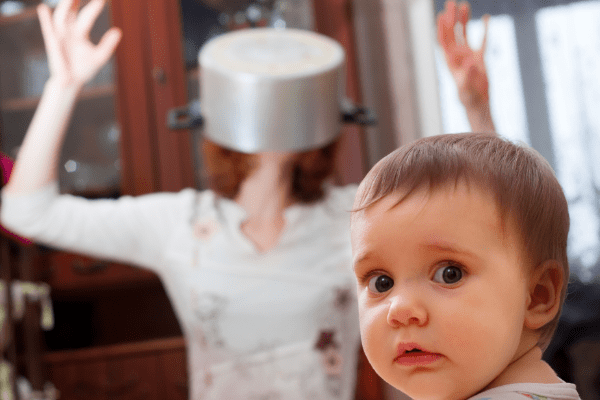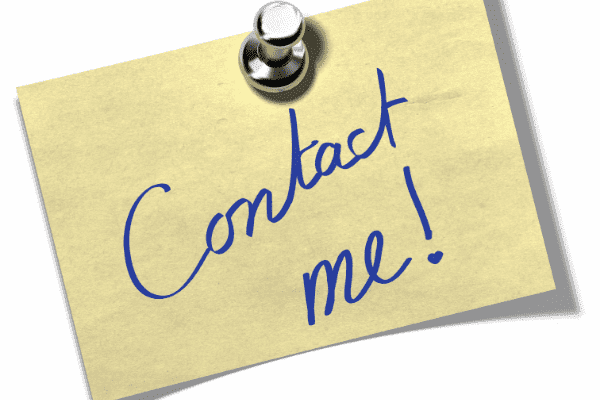Mental and emotional health toll from lockdown has been immense. I don’t think anyone realised a year ago the effect lockdown would have. It took away our freedom to do the simplest of things, things we took for granted. So even though there is a glimmer of light at the end of the tunnel for a lot of people lockdown will still be a reality for the foreseeable future.
So given all the stress and frustrations and what they trigger for us the following are four things that may be of help to you.

One, Stress is not good for mental wellbeing, obviously!
External frustrations will cause us some measure of stress on our mental and emotional health. For example:
- Government and their handling of the virus. Whether you are a supporter or not the handling has brought up frustration anger and stress for us all.
- For thousands of workers losing their job has created a lot of fear and anxiety for them and their families.
- Food prices have gone up, a lot.
- Spending more time with family than ever before can be a huge strain. This is even if relationships are healthy and usually good.
- Financial issues will impact and break down the strongest of relationships.
This is stress. Stress will test the defenses that help us to hold back from saying or doing what we really want to. Because we all know if we said what we really want to it would leave a lot of relationships in ruins.
Usually under stress it’s hard not to overreact rather than respond.
Does that happen to you? Someone asks you a question and you snap or answer in an irritable way. Or at worse you raise your voice hurling abuse saying something that you later regret and feel guilty.
If you can incorporate something into your day that will relieve some stress it can only benefit you.

Watch some comedy or your favourite comedian. Laughing can bolster your mood.
Listen to some guided meditation for stress. There are hundreds to choose from on YouTube.
Check-in with yourself. Sounds a bit odd doesn’t it? But ask yourself throughout the day “how are doing” and listen to the response. “I feel sad” or “I feel a bit lonely”. Checking in can help you to reconnect with yourself. It can help you to know what you need which may not be watching tv or eating etc but finding some way to relax or destress.
Two, Talking it out is good for your mental health but so too is listening!
So long as it’s someone you trust to open up to. Don’t let frustrations bubble up inside you until they boil over. Share your frustrations and anxieties a little and often, and that will help you stay calm and in control most days.
Similarly, practice being a good listener. When really paying attention to someone and connecting it can give a feeling of being validated, that we are important. Our self-esteem can rise, so too can confidence.
So when someone is talking, focus on what they are saying instead of how you are going to respond. A lot of the time we want to give the advice to make someone feel better. Notice how you feel when people do this to you. It can make us feel we are not being heard.
This is by all means not always easy. Counsellors and therapists have to go on at least a 3-year training to learn to listen properly but we can all improve with practice.
Three, checking social media is not good for mental and emotional health
Our mood is affected by what we see and hear in the world around us. The 24 hours Coronavirus news cycle can have an adverse effect. If you sense the news is getting you down, limit your exposure to it. This applies to TV, Twitter, Facebook, etc etc.

Also, be conscious of where you are getting your news from and if possible limit your attention to things that come from a reliable media outlet, like the BBC/LBC for example (although some may disagree!).
Four, Physical wellbeing is good for mental and emotional health
It is so often repeated that mental health is linked to physical health. We need to take care of our bodies all of the time, but more than ever now. We can do this by eating the right amount of fruit and vegetables each day, getting the right quantity and quality of sleep, and taking regular exercise.
Yeah yeah yeah!! This is what we need to do but what is the reality? So we all have good days and bad days. On the good days, we can be more conscious of what we are doing and can hold back on eating the bad stuff.
On the days you feel upset, overwhelmed, and sad and no one is there to give you a hug and tell you it’s okay it may be the only comfort is in eating, lying under the duvet, and watching something on Netflix! So practice being kind towards yourself and giving yourself the best you can do at that moment.
Although if the duvet days start to become the norm, it may be you need a little additional emotional support from someone who is qualified to help. I think a great many of us would benefit from extra help from time to time to manage our way through the pandemic and anything else life throws at us.
See if you can find someone who will see you for six or eight sessions to help see you through.
The BACP is a good way to start to find a counsellor in your area or who works with your particular issues.

Contact me if you are feeling down and would like to talk
Like nearly 100% of counsellors my motivation is helping and guiding people to better mental and emotional health. I offer a 15/20 minute conversation by phone. We can see if you would like to come for an initial consult and if I think I can be of help to you.
If not, then I might be able to recommend someone who may be more suitable. If I can, great and we can proceed.
Either way that first conversation comes at no cost and with no obligation. You can either call or email me
Disclaimer: These links are being provided as a convenience and for informational purposes only; they do not constitute an endorsement or an approval by Cynthia Rao Counselling.